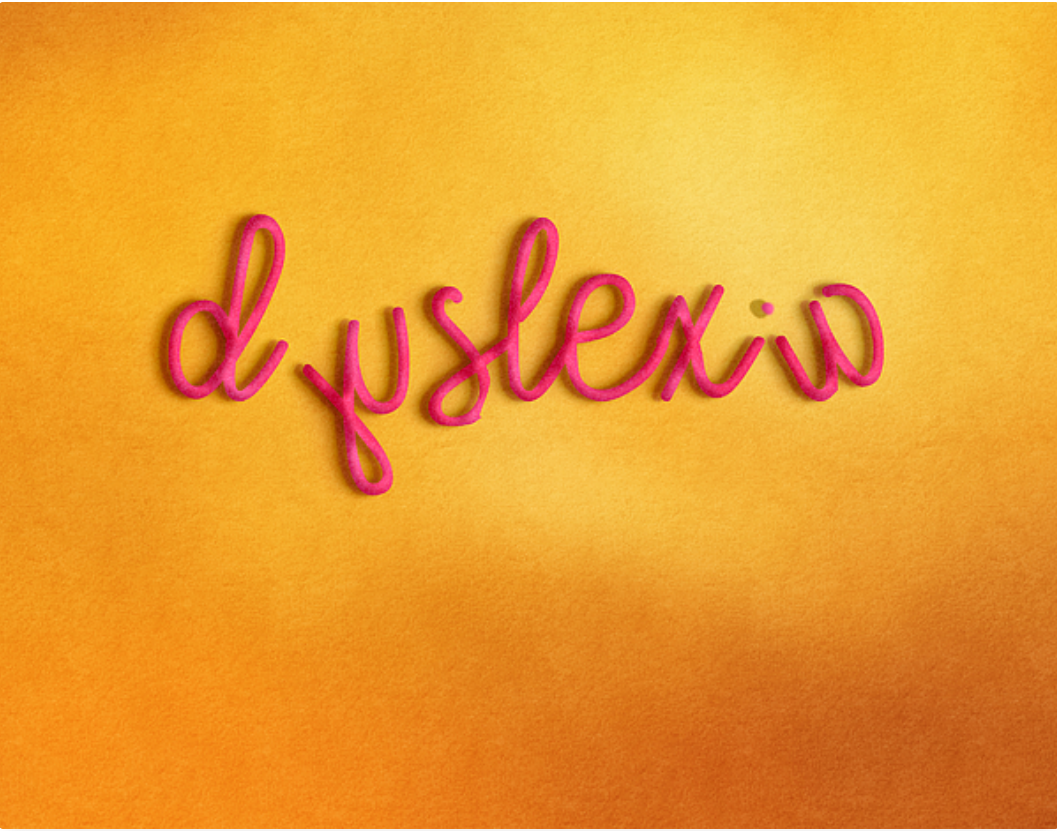
ONLY four per cent of dyslexics agree with the 64 per cent of HR leaders who believe their organisations’ hiring procedure can identify dyslexia.
Employers could be missing the value of dyslexics, according to a poll of more than 900 HR directors and 1,500 employed dyslexics.
According to a report from Randstad Enterprise and the charity Made By Dyslexia, 60 per cent of HR leaders agree that dyslexic thinking should be considered an asset, but only six per cent of dyslexics believe that employers recognise their special skills, such as problem-solving and creative thinking, as fitting well with in-demand skills.
Compared to 66 per cent of HR executives, just 14 per cent of people with dyslexia said their business acknowledged the benefits of dyslexic thinking.
Kate Griggs, CEO and founder of Made By Dyslexia, said the report revealed a “shocking discrepancy between HR’s perception and understanding of dyslexia in the workplace, compared to those who are dyslexic”.
Mike Smith, chief executive of Randstad Enterprise, said: “Our research shows that significant disparity exists between how well employers feel they are enabling dyslexic thinkers in the workplace and how employees feel about this topic, but there is a way forward.
“Organisations can improve how they identify and support dyslexic thinking and in doing so work better with dyslexic job candidates and employees. Organisations can make significant advances with the proper adjustments, ensuring people are treated fairly and inclusively throughout the recruitment process and providing suitable support.
“We want people to feel proud to tell us they are dyslexic, and we, as employers, need to see dyslexia as the superpower that it is.”
The research suggested making improvements to the hiring process to make it more accommodating for dyslexic candidates, including providing more time for replies, quiet spaces for tests and asking questions as clearly as possible.
Additionally, it suggested that employee support networks or affinity groups be established. Only 13 per cent of dyslexics have seen these, even though 64 per cent of HR directors claimed to have them in place.